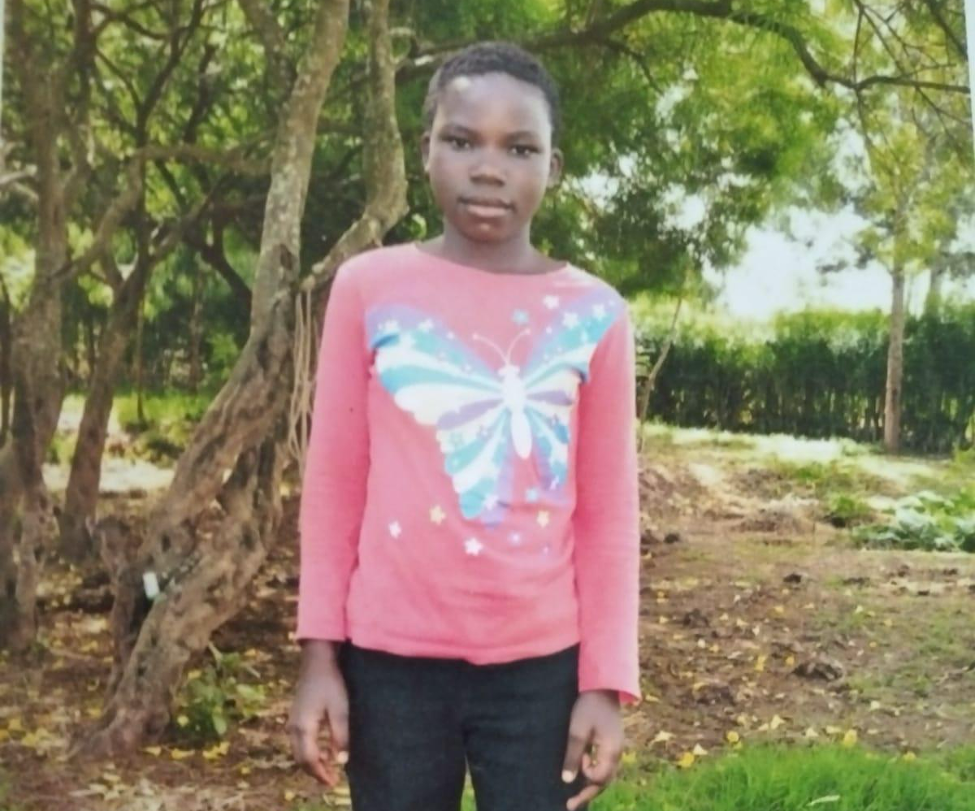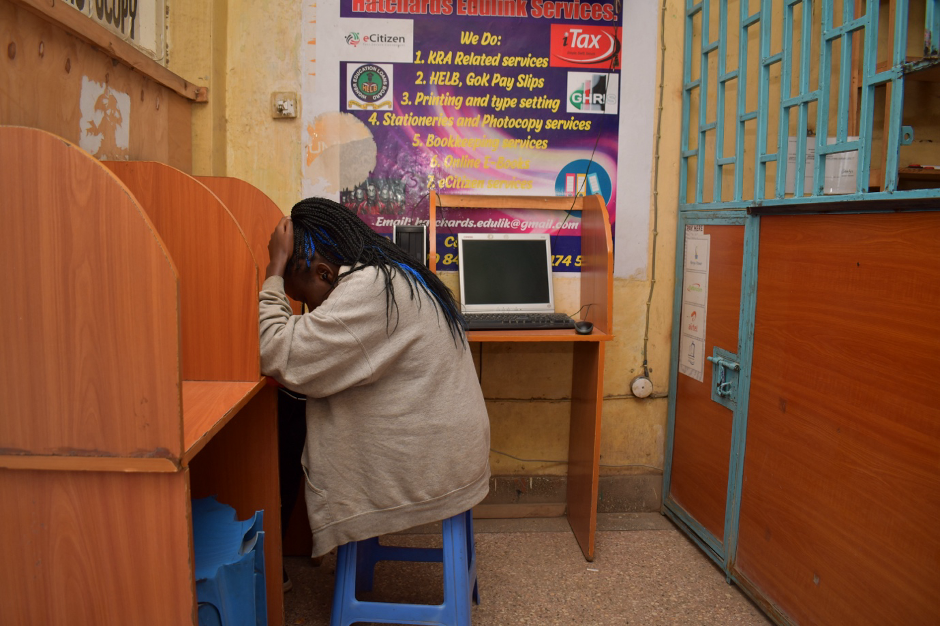The Medusa Tattoo Challenge on TikTok: A Bold Declaration of Survival
In a society where victims of sexual violence are often blamed or silenced, the Medusa tattoo challenge is a radical act of defiance and healing.
It shifts the conversation from shame to survival, reminding the
world that the survivors of rape and sexual assault are not
defined by what happened to them, but by how they rise from it.
It's a poignant reminder that healing from such trauma is
powerful when shared. These survivors are transforming their
pain into strength, showing the world that their stories deserve
to be heard—and more importantly, that they will no longer be
silenced.
In recent months, a powerful and much needed trend has emerged
on TikTok, one that creates a symbolism between Greek mythology,
a beacon of strength, resilience, and most importantly healing
for survivors of sexual violence. The Medusa tattoo challenge
has captivated users worldwide, with many individuals sharing
their stories of survival while proudly displaying tattoos of
Medusa and expressing the interest of getting the tattoo—a
figure long associated with both beauty and tragedy.
Fear of being judged is what makes victims not come forward;
this TikTok challenge is changing this narrative. For the
survivors participating in this challenge, Medusa’s image is no
longer one of terror but of empowerment. This challenge
represents a collective movement that defies the shame often
associated with sexual assault. Rape is no longer shameful,
these ladies are boldly announcing to the world that they are
survivors, not victims. They get the tattoo or just do the
challenge for the world to see, creating a safe space for them.
These TikTok videos have become powerful testimonies with the
comment section not being left behind. They are not only sharing
their healing journeys but are also helping to dismantle the
deep-seated cultural shame surrounding rape. The tattoo becomes
a permanent marker of resilience, a reminder of what they have
endured, and a tribute to the strength it takes to survive such
trauma. The videos in itself represent the same.
‘I met Medusa 7 times in my life, gang, dad, uncle and the
latest 23/09/2023 😥. We move on with the scars.’ ‘I met Medusa
when I was 5 and 14, both strangers.’ ‘I met Medusa when I was 5
and met her again when I was 19 💔.’ ‘Met Medusa when I was 4
till I was 16💔.’ ‘I met Medusa countless times till I'm feeling
like something is wrong with me😔’ ‘I met medusa when I was 4
through my uncle and 13 through my cousin 🙂 but hey 'what was I
wearing right?’ ‘How do I tell people that the doctor who I
trusted had his way with me when I was under anesthesia? my skin
crawls when I get the flashbacks 😭😭😭’ ‘and then you turn to
your parents and they tell you it's because you dress indecent
aah, I’ll never heal💔😩’ This is just a glimpse of the
overwhelming response seen on some TikTok videos for this
challenge. Out of 2,000 comments, it’s disheartening that around
1,500 are from survivors coming forward to bravely share their
experiences. Yet, these numbers don’t reflect the proportion of
perpetrators held accountable. Too often, families turn a blind
eye, shifting the blame onto the victim, claiming they were
dressed provocatively. But at six years old, what could possibly
be "provocative"? Why are there minds fixated on viewing a child
as someone to assault? This mindset is not only disturbing but
deeply ingrained, and it’s time we confront it head-on.
In the comments as well, people have been sending heartfelt
messages of support to the survivors, expressing both solidarity
and rage at the shocking number of individuals who have been
assaulted. It's a space where survivors feel seen, and where the
sheer magnitude of the issue is laid bare. This collective
outpouring of stories and support is creating a shift, turning
silence into strength and isolation into community. Medusa’s
story, often misunderstood, reflects the very heart of the
TikTok challenge that reclaims her image. Traditionally viewed
as a monster in Greek mythology, Medusa was actually a victim of
sexual violence. According to Roman author Ovid, she was a
beautiful maiden raped by Poseidon in Athena’s temple. Instead
of punishing Poseidon, Athena cursed Medusa, turning her hair
into snakes and giving her a gaze that turned men to stone. This
story mirrors the patriarchal tendency to blame victims, and the
TikTok challenge reinterprets Medusa not as a monster, but as a
survivor.
In reclaiming Medusa, they are reclaiming themselves. And they
are letting the world know: We are survivors, and we are proud.
Demi Sawala Instagram: _miss.sawala
Facebook: Demi Sunday






